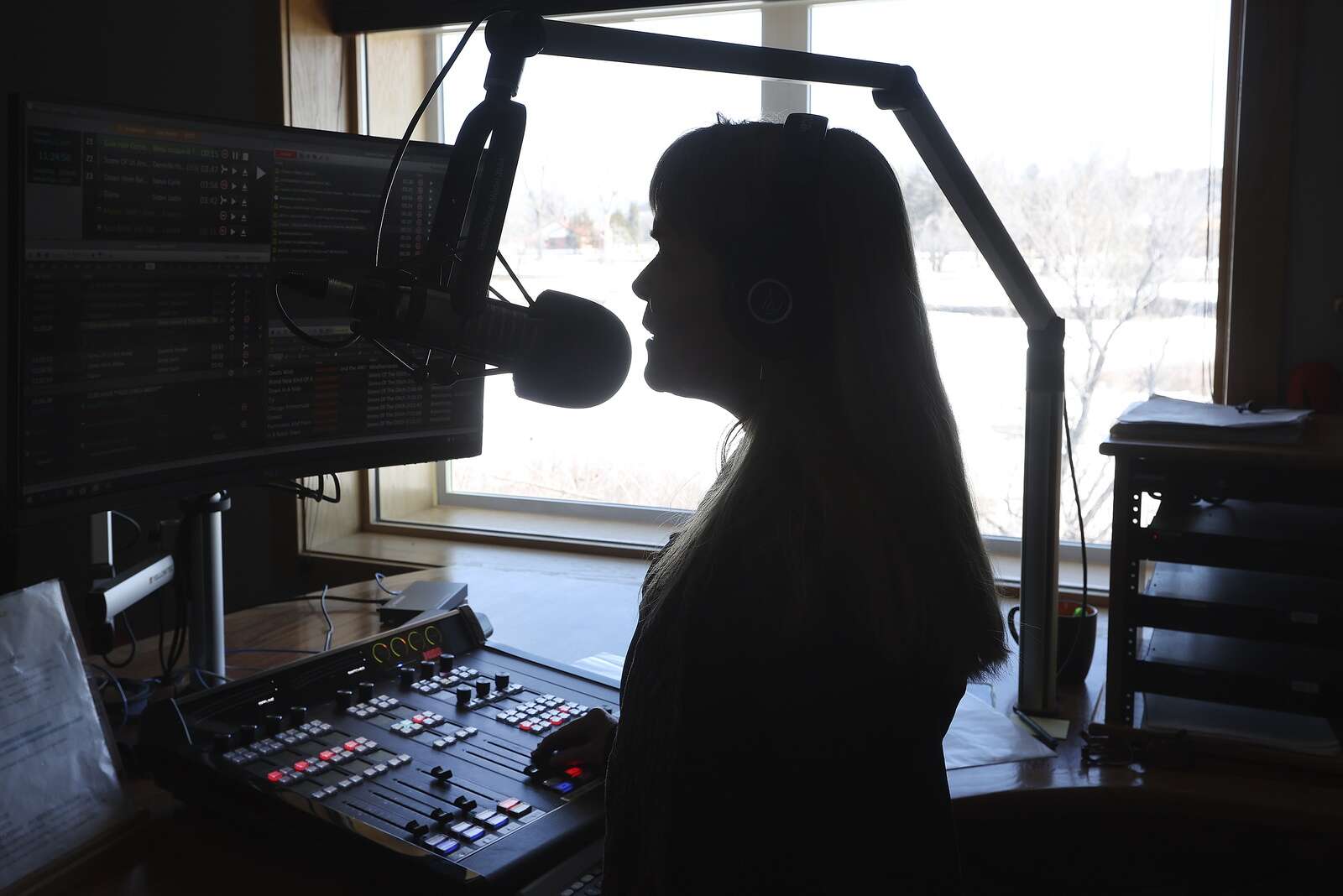Urgent: Federal Cuts Slash $1.1 Billion from Public Radio Funding

UPDATE: Four Corners radio stations are facing severe challenges after the federal government announced a staggering $1.1 billion cut to public broadcasting funding early Friday morning. This decision, made amid significant budget reductions, threatens the future of vital local news outlets, including KDUR, KSUT, and KSJD.
The House of Representatives, along with the Senate, has approved $9 billion in cuts to social programs and the Corporation for Public Broadcasting, which supports approximately 1,500 radio and television stations across the nation. The bill has now been sent to President Donald Trump for his signature, marking a critical moment for public broadcasting.
“It’s an extremely disappointing day for KSUT and our listenership,” stated Tami Graham, Executive Director of KSUT. She expressed deep concern for the future of public media and the impact on communities that rely on local news coverage. The cuts have left her station facing a $330,000 shortfall as they prepare for the next fiscal year.
The implications are dire. Radio stations like KDUR, KSUT, and KSJD serve diverse audiences across southern Colorado, Utah, northern Arizona, and New Mexico, including Indigenous communities. “We’re serving Indigenous peoples, rural peoples, people without good broadband access,” said Tom Yoder, Executive Director of KSJD. The loss of federal support threatens to silence critical reporting on issues affecting these communities.
KDUR, a college radio station, has relied on the Corporation for Public Broadcasting for up to $140,000 annually, accounting for 20% of its budget. “Without CPB funding, it will be harder for us to provide the reporting necessary to keep our listeners informed,” said Bryant Liggett, KDUR Station Manager.
The cuts come as part of a broader effort by the Trump administration, which has criticized what it calls biased reporting from NPR and PBS. However, local stations argue they provide essential, independent news coverage that reflects their communities. “Taking away CPB funding is not just punishing NPR and PBS; it’s punishing all of these small stations,” Yoder added.
With funding sources dwindling, the stations are now exploring alternative fundraising methods. Yoder emphasized the need for community support, stating, “Without increased dollars from our listenership, we will have to make deeper cuts to our programming.” He urged locals who value journalism to consider donating, as the stations pivot towards becoming more community-supported.
The urgency of the situation cannot be overstated. As these stations face potentially crippling budget cuts, the future of independent local journalism hangs in the balance. “This isn’t just about funding; it’s about maintaining a voice for our communities,” Graham concluded.
As developments unfold, the public is encouraged to stay informed and consider supporting their local stations during this critical time. The outcome of this funding crisis will have lasting effects on news coverage in the Four Corners region and beyond.






